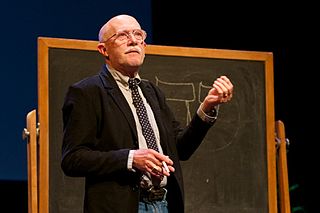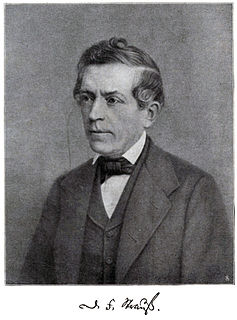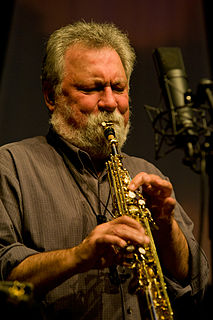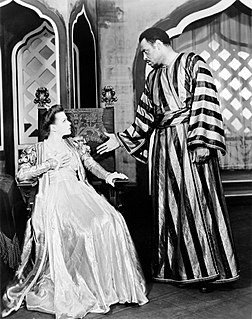A Quote by Robert M. Price
What suggests to non-Evangelical scholars that the resurrection narratives contain legendary accounts? First there is a variety of apparent contradictions in the stories which in any ancient narrative would have to arouse the historian's suspicion.
Related Quotes
If there be a mind that, not perceiving in the narratives we have compared the fingermarks of tradition, and hence the legendary character of these evangelical anecdotes, still leans to the historical interpretation, whether natural or supernatural; that mind must be alike ignorant of the true character both of legend and of history, of the natural and the supernatural.
I would say the 1980s, most importantly, there's been a witnessing of the bankruptcy of the liberal philosophy and the anti-moral and amoral philosophies that were so prevalent in the 1960s and '70s, the rebellion of young people, which brought about the drug epidemic in so many to break down the family. Particularly during this decade, the spiritual rebirth. I'm an evangelical, and I've watched the evangelical church here and around the world preaching Christ, the death, burial, resurrection of the savior, receiving more receptivity everywhere, and that growth.
This may sound pernickety but I wouldn't describe myself as an evangelical. These are labels, which I don't think are helpful. If I was going to use any label it would be Christian, and if you push me any further I'd say I'm an Anglican - that's the family of the Church that I belong to. There's nothing wrong with any of the other labels, but if you have any of them I want them all. If you're going to say, 'I'm Catholic, liberal, evangelical...' let's have them all.
I think we all are born inside of our parents' narratives. We stay there for a good while. We are taught their narratives about everything: their marriage, the world, God, gender, identity, etcetera. Then, at some point, our own narrative develops too much integrity to live inside that story. We don't ever fully escape it, but we move into our own stories.
It is however, difficult to make your narratives relative by yourself. A novelists' work is to provide models to make your narratives relative. If you read my novels then you may feel, "I have the same experience as this narrative", or "I have the same idea as this novel". It means that your narrative and mine sympathize, concord and resonate together.
Since the time of the ancient Greeks a democracy has depended on its philosophers and creative artists. It can only flourish by continuous probing, prodding, and questioning of the social conditions under which man exists and tries to better himself. One of the first moves of a dictatorship is to stifle the artists and thinkers who have the ability to stir up dissent from any prescribed dogma which might enslave them. Because the artist can arouse the curiosity and conscience of his community, he becomes a threat to those who have taken power.





































